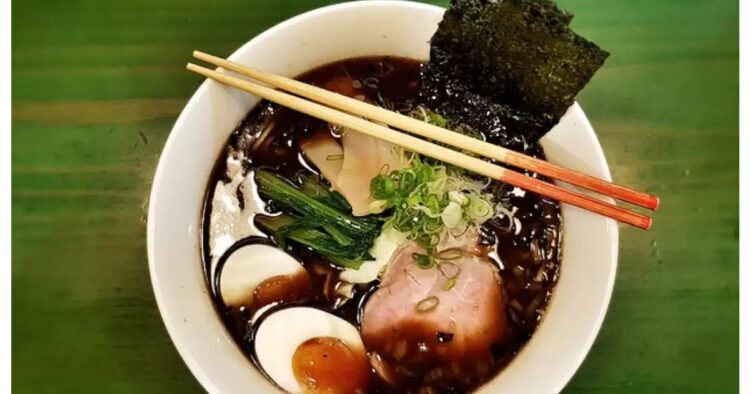In Okinawa, there’s a traditional way of eating called “Hara Hachi Bu.” This practice is rooted in Confucian teachings and advises people to stop eating when they are about 80% full. It’s not just a random rule; Okinawans have been following this for a long time, and it’s believed to contribute to their remarkable life expectancy.
The diet limits calorie intake to around 1800 to 1900 calories per day, which is significantly lower than the average in many other places. This restriction helps in maintaining a lower average body mass index (BMI) among the Okinawan population. Their BMI tends to be between 18-22, while in the United States, it’s typically higher, around 26-27 for adults over 60.
“Hara Hachi Bu” works by delaying the stomach stretch receptors that signal fullness. When the stomach is not completely full, it has extra space, allowing for quicker digestion. This concept aligns with Ayurvedic medicine principles dating back to the 4th century BCE, suggesting one should fill one-third of the stomach with liquid, another third with food, and leave the rest empty.
The benefits of following this diet are not just about longevity. It’s known to delay the signs of aging, prevent obesity, acid reflux, and gastrointestinal issues. Additionally, it promotes weight loss through balanced and mindful eating.
To practice “Hara Hachi Bu,” one should pay attention to their body’s signals. Clinical psychologist Susan Albers recommends stopping eating when you begin to feel slightly full, aiming to be satisfied but not overly full. Slowing down while eating allows the body to register how much has been consumed, making it easier to follow this principle.

















Comments